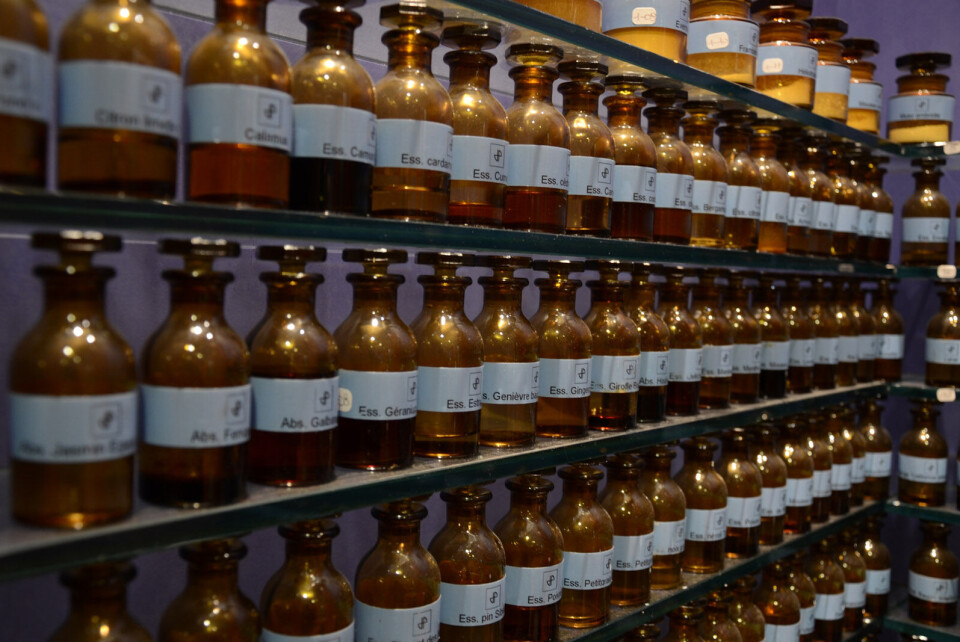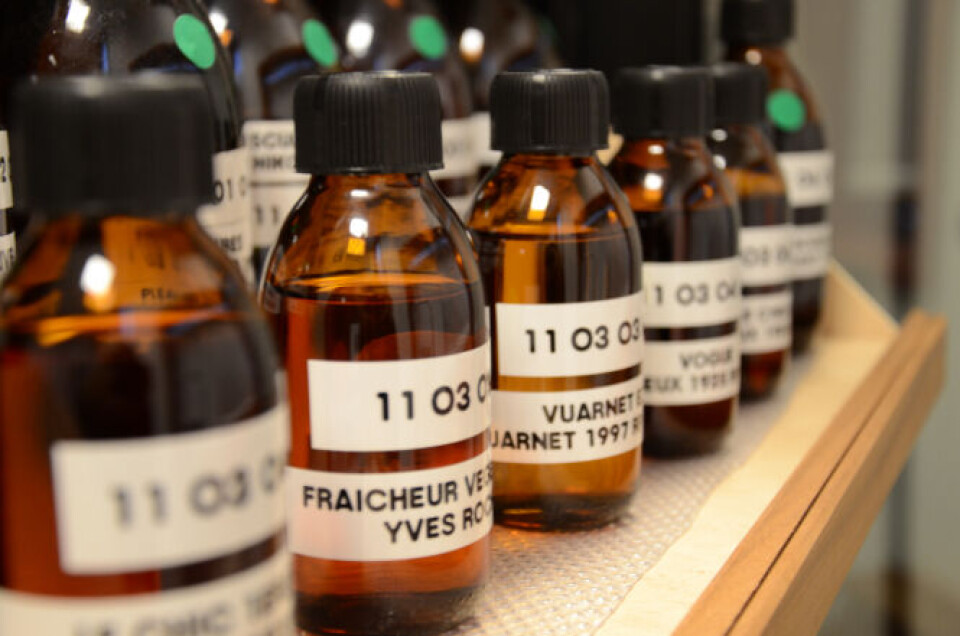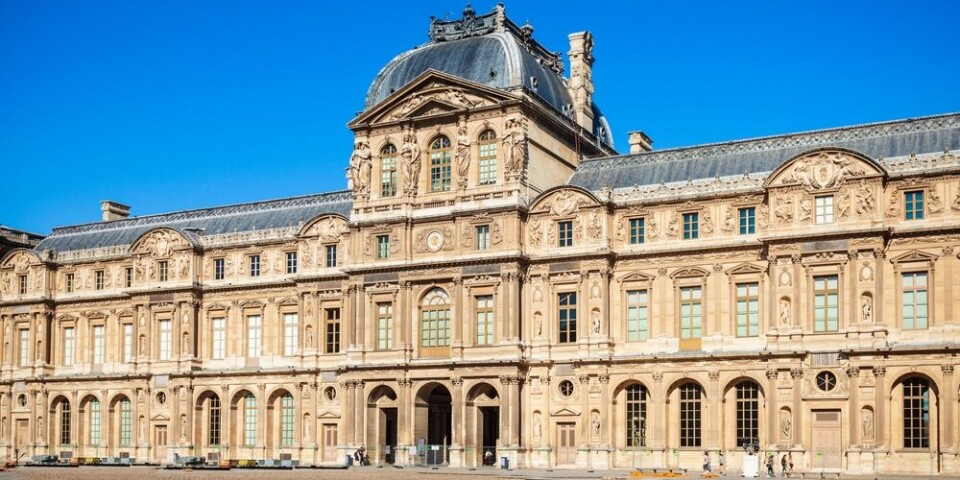-
Exploring Pont-Croix: officially named as France’s best tourism village
A Breton gem boasting strong cultural heritage, charming architecture and vibrant local life
-
Bergerac, Sarlat-la-Canéda and more picture-postcard Dordogne gems
Enjoy wine tastings, historic tours, and the vibrant Fest'Oie Goose Fair in these charming towns
-
Duck Cold! Four French phrases to use when it is freezing outside
We remind you of French expressions to use to describe the drop in temperature
5,000 perfumes in the world’s largest archive in Versailles
The Osmothèque, founded in 1990, is the world’s largest archive of perfumes, even houses Napoléon's (recreated) scent

The name Osmothèque comes from the Greek for scent, ‘osme’ and the French for library, ‘bibliothèque’.) It is currently housed in the basement of the ISIPCA (Institut supérieur international du parfum, de la cosmétique et de l’aromatique alimentaire) which is a post-graduate school for studying subjects such as perfume, cosmetics, and flavours.
The collection currently includes around 5,000 perfumes dating back 2,000 years. It has samples of discontinued and recreated perfumes including Aimé Guerlain’s Jicky, François Coty’s Chypre, and Paul Parquet’s Fougère Royale as well as fragrances made especially for historical figures like Napoléon.
The president, Thomas Fontaine, is a parfumeur by profession and passion, but thinks the Osmothèque is a vital contribution. “Perfume does not keep. Even if kept in ideal conditions, in a cool place out of the light, an un-opened bottle will eventually spoil. Modern perfumes contain preservatives but these are designed to oxidise before the perfume, so they only delay the inevitable.”
Samples of newly formulated fragrances are sent to the Osmothèque by parfumeurs worldwide accompanied by their formulations. “Obviously the security is very tight. Even our members cannot access these recipes. But archiving them means these fragrances could be recreated in the future.”
The oldest scent in the Osmothèque dates back to the first century AD
It was recreated by volunteer ‘Osmothèquaires’ from research. “Archaeologists and historians research every detail of the ingredients and extraction methods, because we do not do approximations. We do not guess.”
With the evolution of chemistry in the 18th/19th centuries, proper perfume formulations began to be recorded. “But there are still differences. Jasmine today is often a hybrid, so may not smell the same as the jasmine used in the 18th century, for example.”
The Osmothèque is open to the public by appointment (the price depends on the request) but their talks are cheap and very interesting. “Talks last 90 minutes and cost around 20 euros, including a box of samples to smell as each is mentioned. Talks often seed fascinating debates and conversations. Themes can be based on iconic parfumeurs, extraction methods or ingredients.” They also organise exhibitions in schools, and some have even been organised in prisons.
“As for everybody, a perfume is a means of escaping. It is a window into something else, another life. When people smell a perfume it can remind them of their wives, mothers and girlfriends. It is a sensual, intellectual approach.”
With the democratisation of the 20th century, perfume is no longer only for the rich, and can be a way of travelling through time.
The sense of smell is important for general well-being and health
"A childhood friend lost her sense of smell in a car accident and it completely ruined her life. She suffered from terrible bouts of suicidal depression as a result. The sense of smell is an intimate part of relationships, romance, libido; it also keeps us safe. It is vital and very bound up with our mental health.”

He says some people cry when they smell a discontinued scent. “Sometimes when people smell the perfume of their dead parent, they feel their presence. Sometimes they weep. It is an unloading of emotion. It can be embarrassing to provoke that, but it can also be beautiful to generate such strong emotions. People keep their long-term memory of smells; even when afflicted by Alzheimer’s smell can bring back memories.”
The Osmothèque has a scientific committee which organises research into perfume and its history by specialists in a range of areas including art history, literature, history, and chemistry. “The idea is that anyone anywhere in the world will be able to get information from us. We will be the world’s library and information source for perfume.”
The Osmothèque is a 1901 association and receives no state funding. “We raise funds to continue our work from big perfume houses like Chanel, and we run an ‘adopt a perfume’ scheme but Covid has been very hard. All our activities were stopped and we lost 50% of our income, so we welcome donations.”
Related stories
Explore the Côte d’Azur in miniature in France's latest exhibition
























